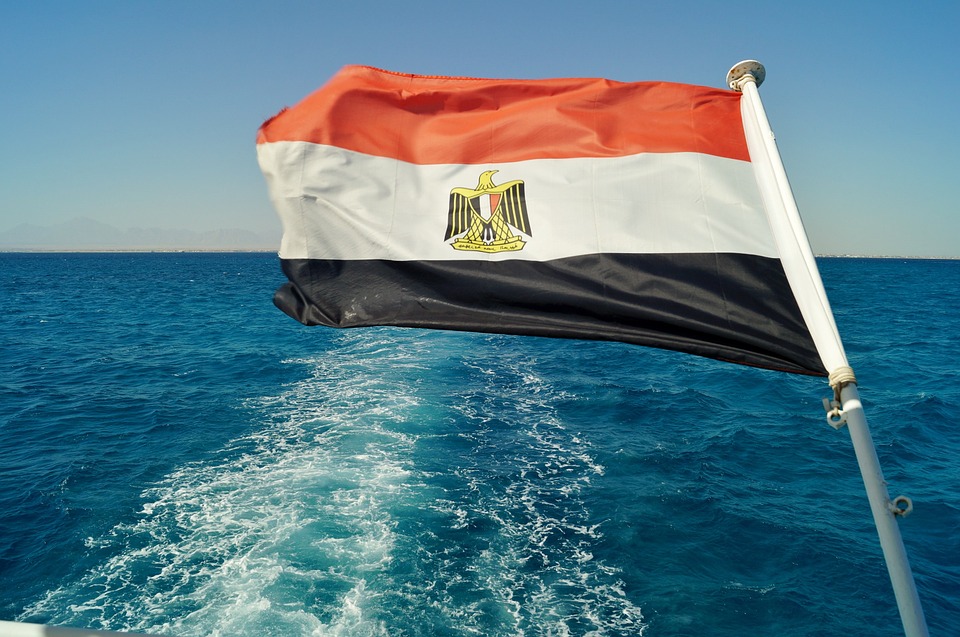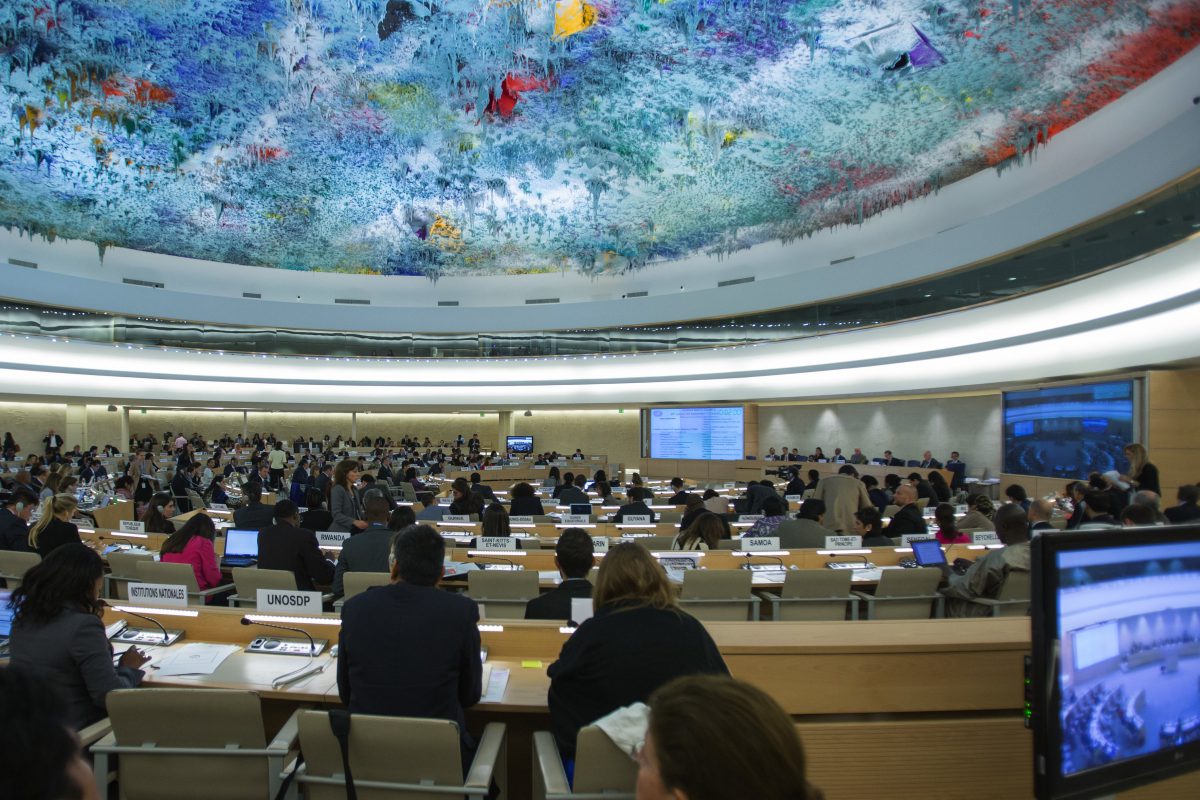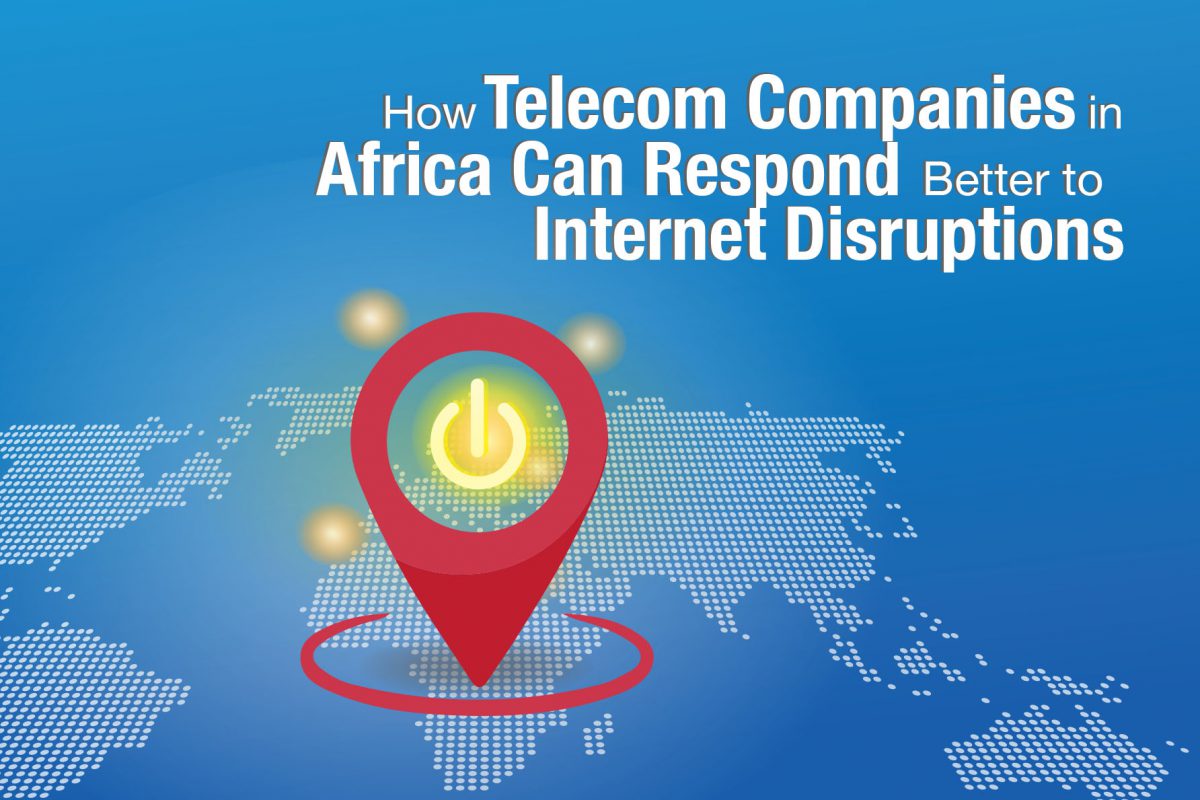By Bernard Sabiti |
At the onset of the Coronavirus disease (Covid-19), the prognosis for how Africa would manage the pandemic was bleak. Many (mostly western-based) epidemiologists anticipated that the pandemic would kill millions of Africans. Researchers at the Imperial College London put the number of estimated deaths at three million as the worst case scenario if nothing was done.
As the pandemic ravaged the western world, however, many of these scientists and analysts were mystified by the comparably fewer deaths in Africa. While many credited Africa’s young population, less travel infrastructure, and a stroke of luck for this success, John Nkengasong, Director of the Africa Center for Disease Control and Prevention, attributed this early success to African countries taking radical preventative steps very early on.
Having dealt with epidemics such as Ebola in recent years, many countries in Sub-Saharan Africa were more prepared and had more supportive infrastructure in place than was apparent to outsiders. The harsh lockdowns, instituted at a terribly high cost to livelihoods of already poor populations, may have inoculated most of the continent from the kind of catastrophe that befell Italy, the United States of America (USA), the United Kingdom, Brazil and other countries.
This, however, is not to say that all African countries took the same scientifically sound responses to the pandemic. Some governments took a dismissive approach to the disease. Some outrightly denied its existence. In all instances, there have been significant social-economic and political costs.
A Deadly Infodemic
From presidents to religious, and opinion leaders, through to citizens, a small, but influential group of Covid-19 skeptics harmed an otherwise somewhat successful response to the pandemic on the continent.
Increased spread of false and misleading information about the virus via social media platforms has exacerbated the problem, often across demographics – the educated and uneducated, young and old, rural and urban. African ‘WhatsApp aunties’ have been the most susceptible to, and purveyors of, Covid-19 misinformation, a phenomenon that compelled the World Health Organization (WHO) Africa Office to directly appeal to them to join the fight against misinformation.
However, when a government, under the tutelage of a powerful president, leads the misinformation campaign, the dynamics become different in scope, and the impact to public health and safety can be more catastrophic. Some governments have weaponised Covid-19 information and data to narrow the democratic space and muzzle political opponents.
For example, the governments of Tanzania and Burundi, led by their outspoken and populist presidents, outrightly denied the existence of the virus, stopped sharing data with WHO, and even harassed WHO officials based in those countries who were tracking the virus. Both presidents have since died – officially from heart-related complications but suspicions abound that they succumbed to the coronavirus disease. Both countries continue to reel from multiple deaths, attributed to ‘acute Pneumonia’, which independent experts say is a euphemism for Covid-19.
A case study of Burundi and Tanzania: one learned its lesson and changed tack, the other stayed the course with devastatingly different outcomes for both of them.
Tanzania
When neighbouring countries such as Uganda, Kenya and Rwanda were frantically scrambling to shut down borders, schools, economies, and enforce mandatory curfew and quarantines, the Tanzanian government did not institute a lockdown and emphatically told its people that their daily routine would remain unchanged. Markets, churches, sports events, bars, and restaurants remained open even after the country confirmed its first case of Covid-19 on March 16, 2020. Two months later in May 2020, authorities stopped updating the WHO with Covid-19 statistic, which at the time stood at 509 cases and 21 deaths.
President John Pombe Magufuli incredulously claimed that the virus was not real, and that he had ordered tests for goats and pawpaws which had all returned positive results. In any case, he said, if the virus was real, God would protect the country. The government made no plans to order for vaccines which Magufuli termed a western plot to exterminate his people. Instead, Magufuli encouraged steaming, using natural remedies, and most importantly he encouraged prayer.
In the meantime, there were an increased number of deaths attributed to pneumonia in Tanzania, with the dead buried under the cover of night, and relatives cowered into silence. With an official policy of not reporting Covid-19 cases, the full scale of the virus’ toll in Tanzania is impossible to tell.
In February 2021, the Catholic Church of Tanzania broke its silence, reporting that up to 25 of its priests and 60 nuns had died of Covid-19, and when the Vice President of semi-autonomous Zanzibar died, the government there admitted Covid-19 was the cause of death and urged citizens to take precautions. Several high-profile individuals, including cabinet ministers, died but the government remained in denial. In one infamous incident, the country’s Finance Minister was taken from Intensive Care and paraded before the media to dispel rumours that he was dead. In coughing fits and clearly weak, surrounded by mask-less officials, he struggled to make a statement.
When President Magufuli disappeared from public view for weeks in mid-February, the country was rife with speculation that he had contracted the virus. The government dismissed the reports as untrue and claimed that the president was “busy working hard” for the country. Opposition leaders claimed that Magufuli had been flown to Kenya on life support due to Covid-19. This was again dismissed by the government. On March 17, 2021, the government announced that the president had died from heart disease.
Burundi
In May 2020, Burundi expelled WHO officials for questioning the wisdom of holding a presidential election amidst the pandemic. At the time, the country had not instituted a lockdown or any other preventative measures. A general election went on with massive rallies. By June 24, 2020 the country had reported 144 cases and one death, amid criticism that the true scale of the pandemic was not being reported. Civil society and health workers were purportedly gagged from talking about the virus.
The shocking death of outgoing president Pierre Nkurunziza in June 2020, however, seems to have caused a change of heart in the new leadership. Officially, Nkurunziza succumbed to a heart attack. However, many analysts alleged Covid-19. His wife had earlier been evacuated to Nairobi, Kenya for treatment, allegedly for the virus.
In July, the incoming government adopted a new Covid-19 response strategy, putting in place measures and restrictions including mandatory Covid-19 negative test results and quarantine at a government designated facility for incoming travellers. Land borders with the Democratic Republic of the Congo and Rwanda were closed and the new president declared Covid-19 “the biggest enemy of Burundians.”
Both Magufuli and Nkurunziza were fervent Christians, the Tanzanian a devout Catholic, the Burundian a Pentecostal, and both had a penchant for populist politics. The intersection of religion, social media misinformation and populism in the two presidents’ approach created a perfect combination for an anti-science, conspiracy-filled fertile ground for Covid-19 misinformation to thrive.
Weaponisation of Social Media
Only 22% of the continent’s population has internet access. While the digital divide between rural and urban Africans is still wide, with increasing availability of cheap smartphones, and enabling infrastructure like rural electrification and broadband programmes, there is increased access to information via online platforms compared to traditional broadcast media. This is creating a challenge with communities that are not media-savvy and are unable to decipher context or fact-check information received, and are therefore more prone to misinformation.
Consequently, social media has had a devastating role in fueling Covid-19 misinformation in Africa. From ‘WhatsApp aunties,’ to religious leaders who claim that the virus does not exist, or that Africans are immune to it, or that it is just the flu, or a punishment from God, the information ecosystem has been fostering faster spread of Covid-19 denialism. This ecosystem feeds off each other, mutates and multiplies just like the virus itself as it moves easily and seamlessly across platforms reaching broad audiences. An obscure video from Brazil will reach the remotest village in Nigeria within minutes.
Socio-Economic Impacts of Covid-19 Denialism
As more African countries procure vaccines and inoculate citizens, it is expected that the pandemic will soon recede, and economies are revived. Approaches like that of Tanzania will likely harm its once thriving tourism industry as more tourists perceive it as an unsafe destination. Already, a number of countries have banned flights to and from Tanzania, including some neighbouring ones like Kenya that have closed some borders with the country. Most Western embassies currently maintain the highest-level travel risk advisories against the country. Prior to the outbreak of the pandemic, tourism was Tanzania’s fastest growing sector, employing over 10% of the total workforce and serving as the largest single source of foreign currency. The proposed adoption of Vaccine Passports, if implemented, is likely to further isolate the country.
Corruption and Covid Conspiracies
Meanwhile, Covid-19 has turned out to be not just a health and economic crisis but also a corruption crisis. The 2020 Corruption Perceptions Index (CPI) released on January 28, 2021 by Transparency International reveals that persistent corruption is undermining health care systems and contributing to democratic backsliding amid the Covid-19 pandemic. Politicians, from South Africa to Uganda, have taken advantage of the pandemic to illegally seize lucrative procurement deals, and gone on borrowing sprees, ballooning countries’ domestic and external debt in the process. This has further fueled conspiracies in some countries that Covid-19 and its numbers are a ploy by corrupt leaders to rip off taxpayers.
Ultimately, the seeds of misinformation, including a culture of mistrust and skepticism against the government, have the potential to affect public programmes implementation, in public health and beyond, as populations will continue to question the science and intentions.
Addressing the Covid Denialism Infodemic
- Misinformation counter-narratives: As fake news and misinformation thrive on social media, governments need to utilise the same platforms, including through champions, with counter scientific messaging to allay fears, misconceptions and conspiracy theories.
- Multi-agency coordination and collaboration: Close coordination and collaboration among fact-checkers, public health institutions and other communications stakeholders is essential for addressing the unique misinformation challenges faced today, “where informational ambiguity based on scant or conflicting evidence, or emerging scientific knowledge can exacerbate the spread of disease.”
- Narrow the Digital Divide: Dedicated efforts to promote connectivity in tandem with digital and media literacy programmes should be scaled up.
- Promote Covid-19 data transparency: Many African countries have established Covid-19 websites and information portals where infections, deaths and recovery rates are published. Meanwhile, the WHO Africa Region and CDC Africa run dashboards that are updated daily. However, many other governments still do not report routine Covid-19 data. Readily available, accessible data including on cases, procurement, vaccines, emergency relief and other measures will provide firsthand evidence to users and dispel misinformation and improve transparency around containment measures.
Bernard Sabiti is a Kampala-based Public Policy researcher and analyst focussing on the role of data and access to information in sustainable development.





